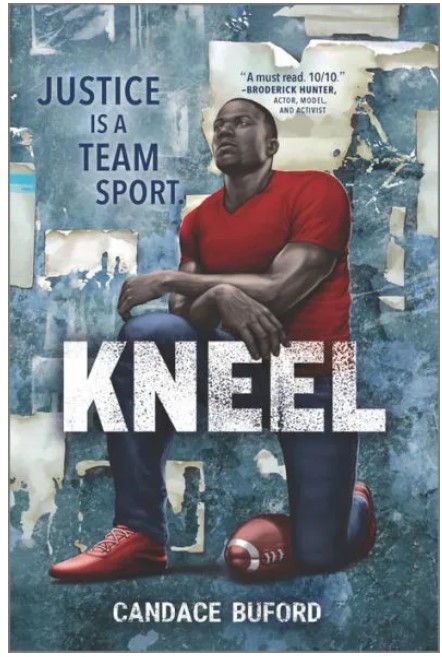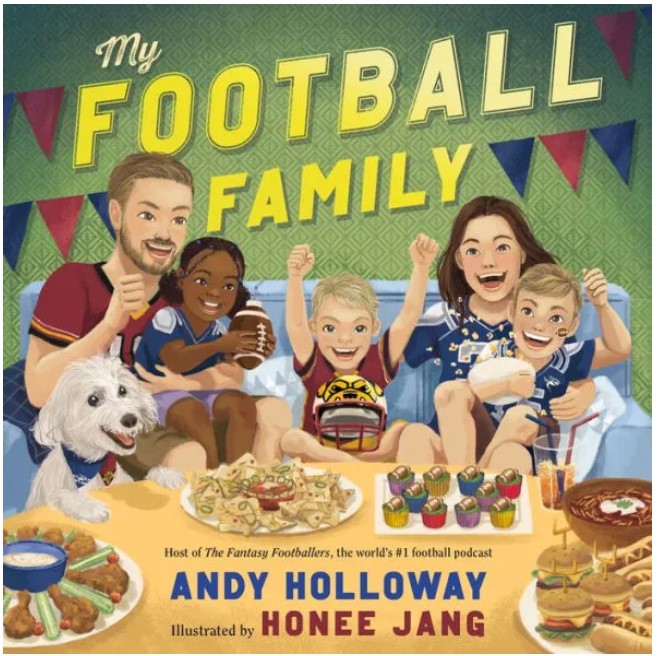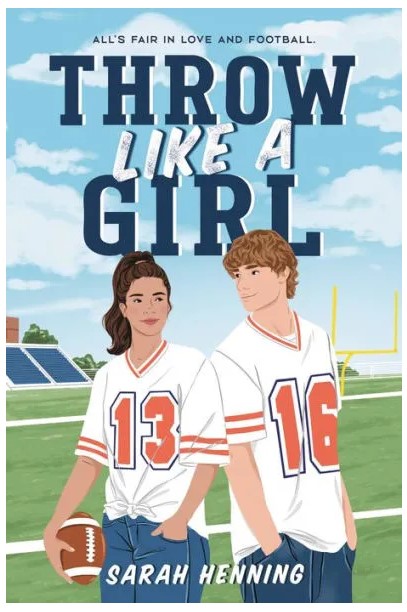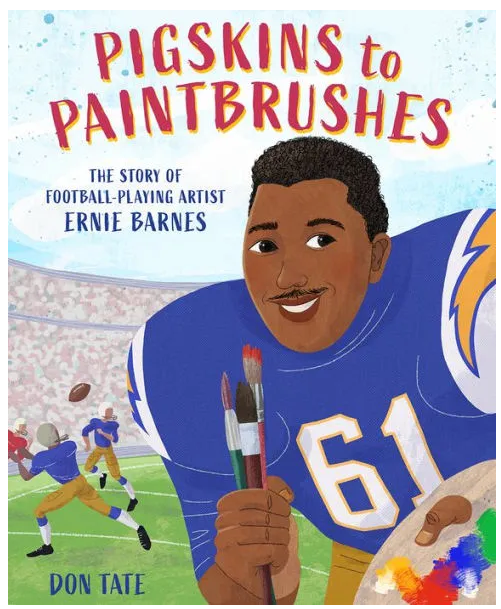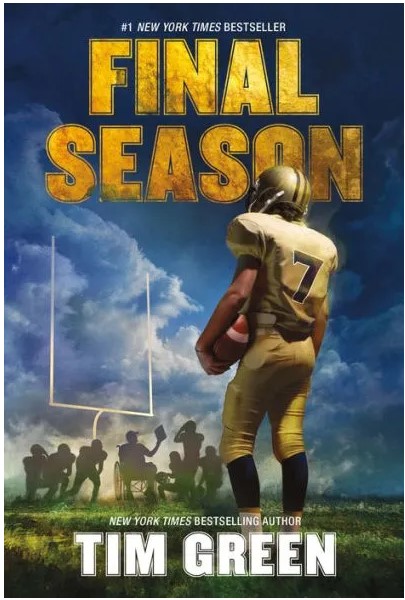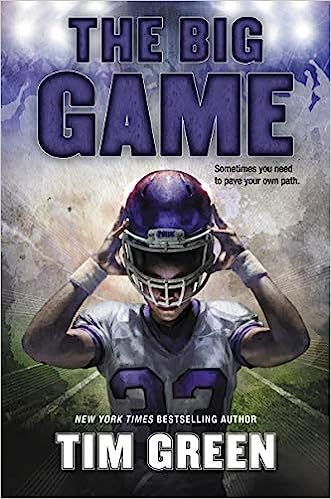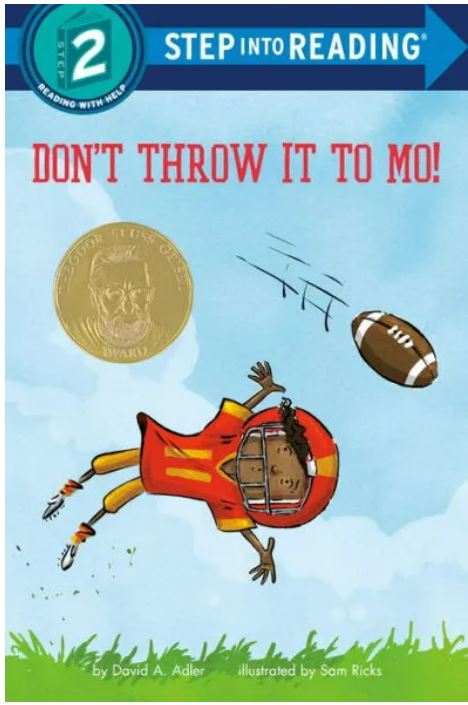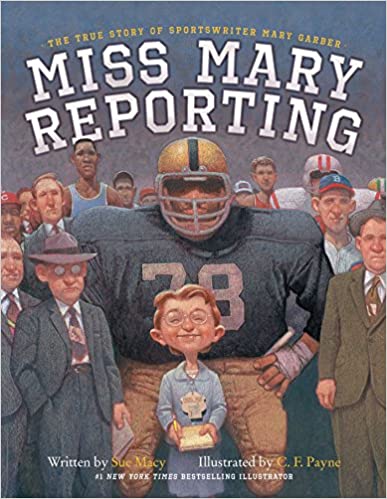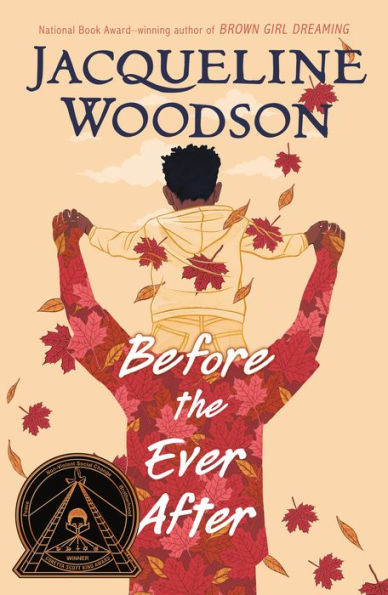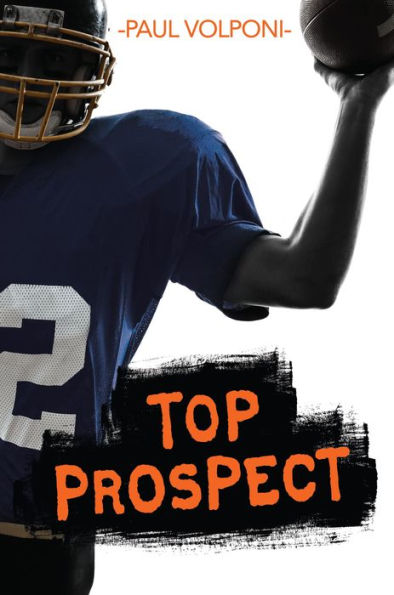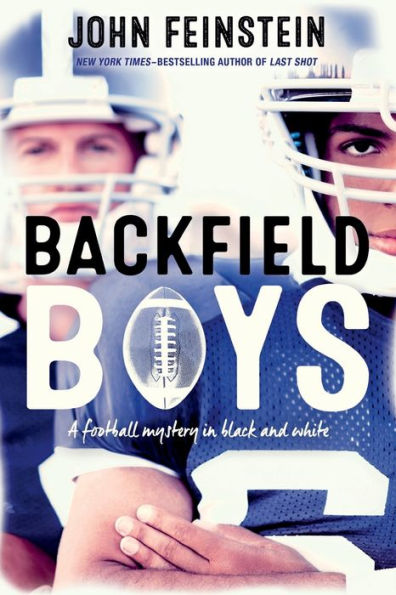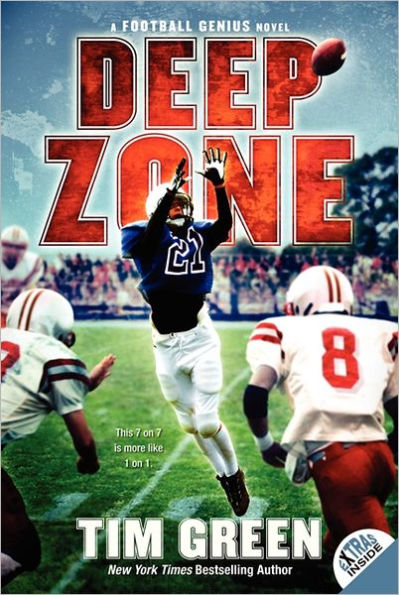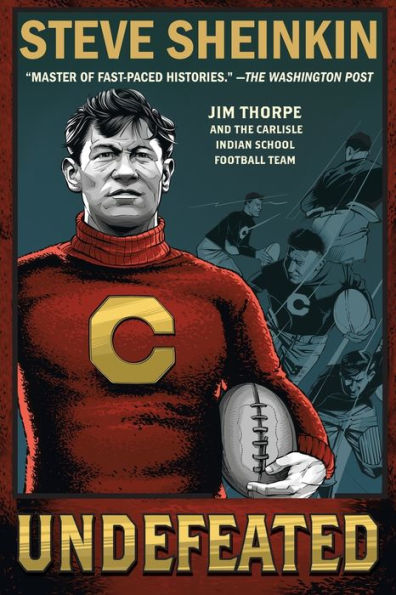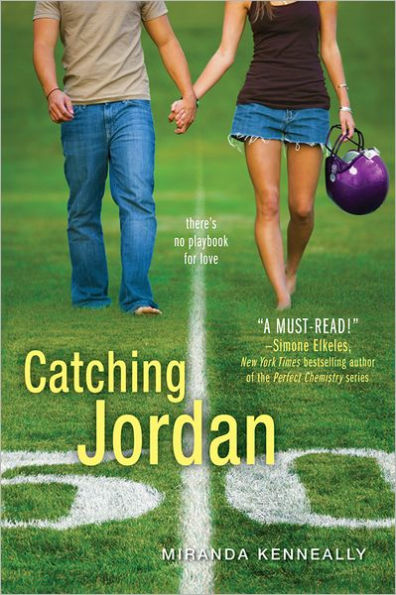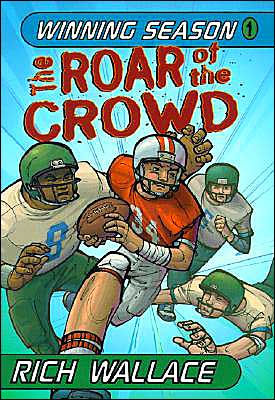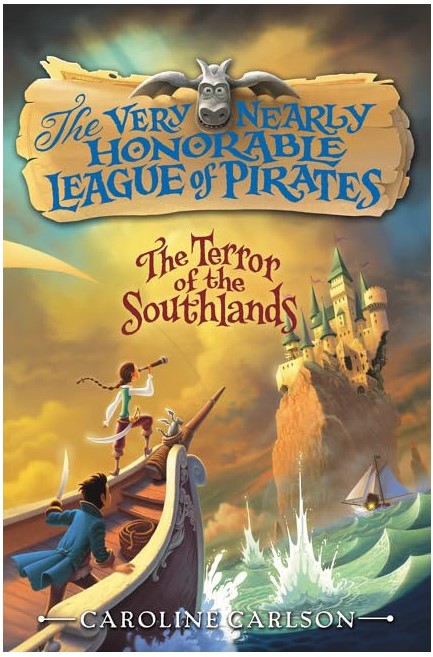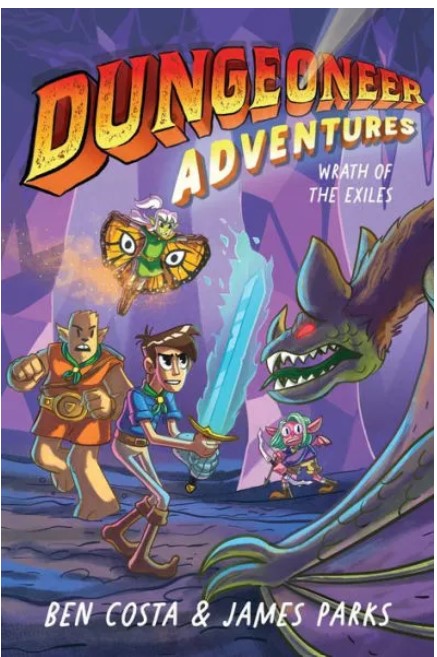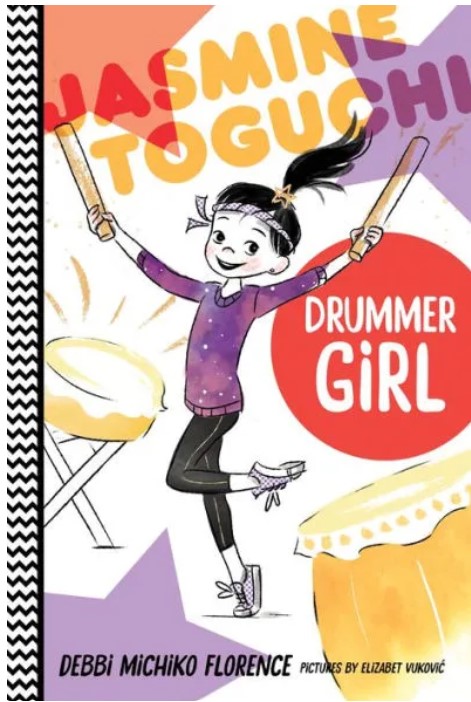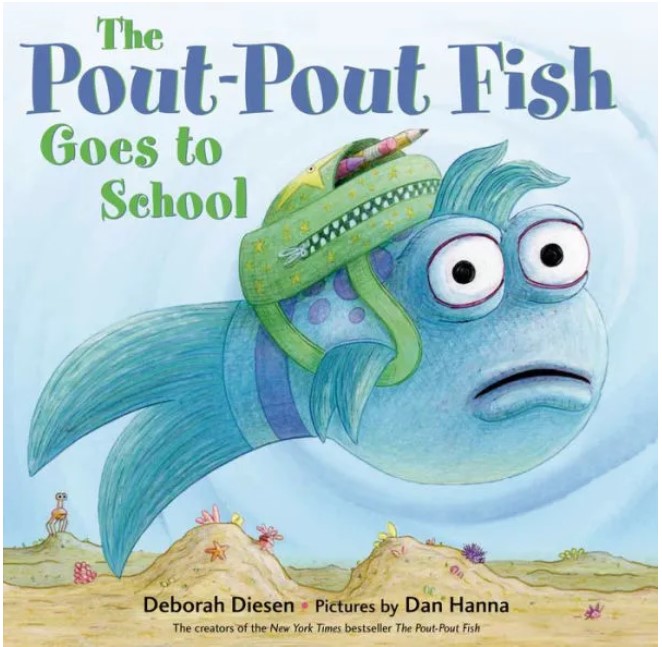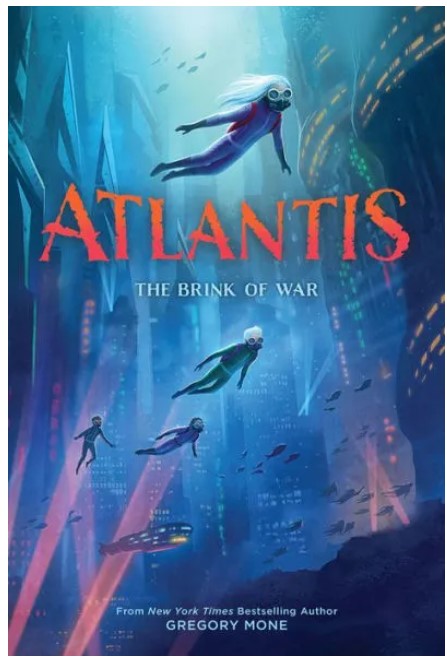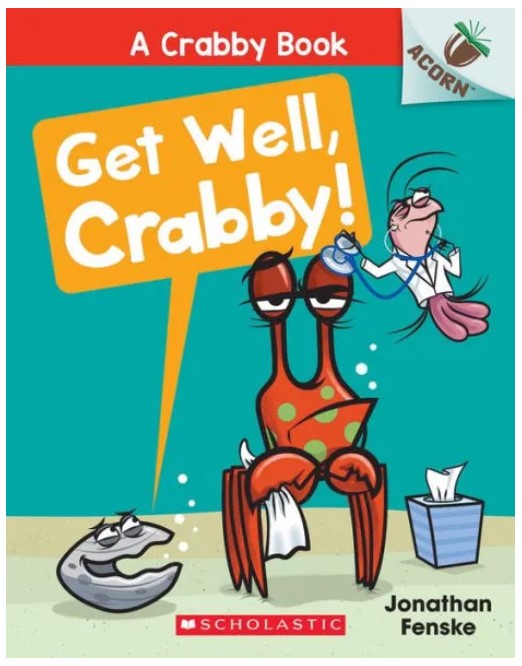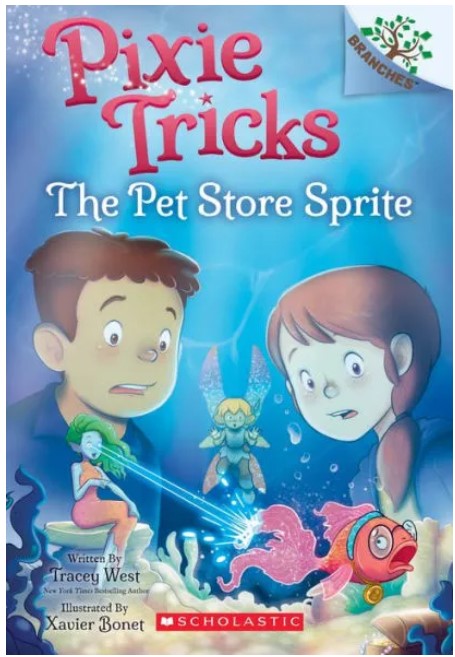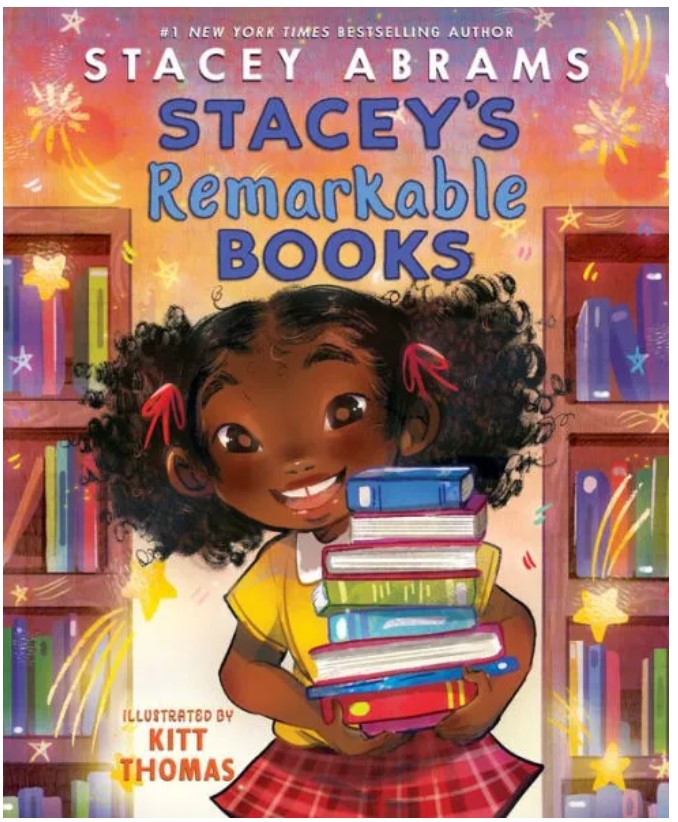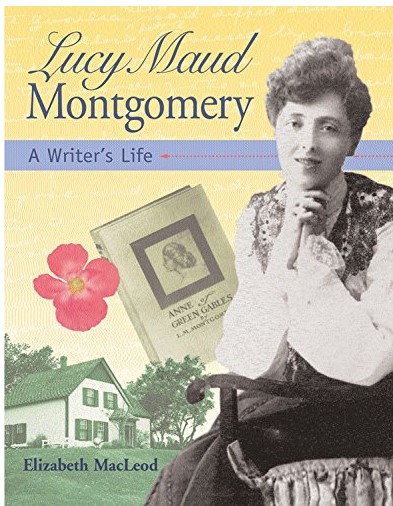Football is everything to Russell Boudreaux. It’s his talent, his community, and his ticket to a Division I scholarship, where he’ll earn enough money to be set for life. Entering his senior year and final football season, Rus knows his future depends on a successful season. As the captain of the Jackson Jackals, his primary goal is to defeat his school’s rival, Westmond, and lead his team to a championship. However, everything quickly goes wrong.
When the Jackals’ quarterback, Marion LaSalle, gets arrested for a crime he didn’t do, Rus suddenly becomes entangled in a battle against racism and discrimination. With the help of his teammates and childhood friend, Gabby Dupre, Rus embarks on a mission to give voice to the Black community and promote justice for the town of Monroe. Yet, with every newsworthy action, Rus risks placing himself—and his football future—in jeopardy. Will Rus achieve justice for the Jackson Jackals and Monroe? Or will his political activism cost him his season and his future?
Rus is the story’s exciting main protagonist, and he strives to stand up for what is right. As a young black man, he sees the tension between the white and black communities of his town, and he desires justice for the racist attacks on the past and present black population. Despite being told to focus solely on football and ignore the blatant acts of inequality, Rus chooses to risk his life to shed light on his town’s issues. His courage and dedication to raising his voice are admirable, and his fearlessness in exposing the town’s discrimination through the newspaper should set an example and encourage readers to stand up and fight for what’s right in their own lives.
The story’s enjoyable nature stems from Rus and his supporting characters. From the start, these characters help readers become invested in the plot by portraying actions and emotions that feel authentic and genuine. Whether it’s Gabby’s ambition to promote justice, Ms. Jabbar’s passion to discover truth, or Marion’s fortitude to succeed on the football field, readers can connect with these characters through shared human experience. Although some readers may not experience this type of overt discrimination, they can relate to the presence of difficult and frustrating circumstances in life.
The story’s main conflict arises from Rus’s inability to balance football and political activism. Through these struggles, Rus’s resolution to “stand up for his people . . . despite people wanting to see [him] fail” highlights the book’s message about assertiveness: the ability to express one’s opinions and stand firm in one’s values. While this lesson can inspire readers to stand up against inequality in their own lives, the conclusion to the story’s problems can come across as idealistically hopeful or something achieved only in a perfect world. In addition, because the story centers around the theme of justice and equality, there are fewer action-packed football scenes in it compared to other sports stories.
In conclusion, Kneel explores the themes of inequality, injustice, and self-expression through the journey of a promising black football star in Louisiana. Of course, the story does feature some heavy topics, like the impacts of modern-day racism, and its prolific use of offensive language and references to alcohol can be unwelcoming. However, the story’s strength comes from its applicable message that will stay with readers long after they put the book down. While football doesn’t play a major role in the story, Kneel will inspire readers to stand up for their beliefs despite their challenges.
Sexual Content
- Rus’s friend, Marion, refers to sex by saying “smashed” and “the birds and the bees.”
- During lunch, Gabby and Rus’s “arms occasionally [brush] against each other.” Rus believes the “closeness felt natural, even though Gabby shied away every time it happened.”
- When Rus and Gabby sit next to each other, Rus notices that Gabby “scooted her hand next to mine. Her pinky finger grazed my skin.”
- Marion believes that Rus “blowing off steam” means he’s “off banging Gabby.”
- At one point, Gabby grabs Rus’s hand, and Rus says, “I like the hand-holding. I’d like to do other things too, but I was willing to move at Gabby’s pace.”
- On the porch of his house, Rus kisses Gabby. “His lips pressed into hers. A blend of emotions collided as we kissed—the months of longing, the layers of protest, and anger and frustration. The recent nights of separation, when I didn’t know if she was okay. All of it went into that rush of release.”
- In the car, Gabby leans “across the center console for another kiss,” and Rus “gladly [meets] her halfway.”
Violence
- During a football game against Deerlake, Rus gets “pinned to the ground” by a big Deerlake linebacker.
- Before a major football game, Marion and Bradley Simmons, the quarterback for Westmond High, “[tousle] on the ground.” Soon afterward, Marion’s face is bruised and bloody, the officials suspend the game, and the two boys are taken to the police station.
- Terrance, one of Rus’s teammates, believes that Shreveport’s crowd wants “to lynch us for real.”
- Rus and Darrell, one of Rus’s teammates, “lunge across the aisle” and fight after a disappointing football game loss. No one is injured during this scene.
Drugs and Alcohol
- Rus mentions that his teammates drink beer at a Friday night party.
- Rus’s father, Pops, takes a “measured sip from his beer” during a conversation between Rus, his mom, and Marion.
- Beer makes multiple appearances at Terrence’s party, such as in the “liquor cabinet” and a “cooler of beers.”
- Gary Tounior, Darrell’s cousin, has a “Swisher blunt hanging from the lips” during a party.
- Rus’s teammates smoke and “conceal their blunts” during a party.
- Darrell pops “the top off a can of beer” and hands it to Rus during a Friday night party.
- Marion drinks and runs off with a “bottle of Olde English” after a rough conversation with Rus.
- When Marion is kicked off the football team, Rus fears that he is “still looking for answers in bottles of malt liquor.”
- During homecoming preparation, Coach Fontenot, Rus’s football coach, spits “a wad of chewing tobacco into [a crumpled water bottle] before tucking it out of sight.”
- During a political rally, activist Charlotte Martin talks about a man who was arrested for selling “loose cigarettes outside of a convenience store.”
- Dave, Gabby’s close friend, asks Rus if he wants some “beer” during a college party.
- At Terrance’s house, Rus remembers “sneaking booze out of his mama’s liquor cabinet and staying up too late.”
Language
- Marion gives Rus “the finger” after Rus jokes about his lack of a car.
- Profanity is used excessively. Profanity includes shit, damn, ass, hell, horseshit, piss, and fuck.
- “God,” “Jesus,” “Lord, help us,” “Lord knows he deserves worse,” and other similar phrases are used rarely as an exclamation.
- Marion threatens to call Bradley a piece of “trash.”
- The term “negro” is used several times.
- Gary insults Rus by calling him a “Mr. Big Man Baller.”
- One of Westmond’s football players, Lawrence, calls Rus a “nigga.”
- During a fight, Gabby calls the people on the football field a “dick.”
- Rus describes the town’s reaction to his decision to kneel during the national anthem as “bullshit.” He and Gabby use it again later on in the book during a similar conversation.
- Coach Fontenot calls his football team “a bunch of gosh darn amateurs” after a bad play.
- Rus describes football practice without Marion as a “shitstorm.”
- Rus feels like an “asshole” when he prematurely brings up his scholarship opportunity with Clemson to Marion.
- Bradley calls Lawrence a “fucking asshole” when he apologizes to Marion.
Supernatural
- None
Spiritual Content
- Rus’s teammate, Karim, has a tattoo of his mother posed “as Mother Mary—complete with a bowed head and hands folded in prayer.”
- Rus’s mother believes that “prayer and perseverance” will fix her family’s problems.
- Rus repeats a “prayer” that the rungs of his tree house ladder won’t break under his weight.
- After throwing a good football pass to Rus, Marion kisses “his fist then point[s] to the sky, as if sending God a little prayer.”
- When Rus runs to his car after a football game, he prays “to God” that “[the car] would start tonight.”
- When Rus and his friends are being chased by the police, Rus “hope[s] to God” that Terrance grabbed his house keys.
